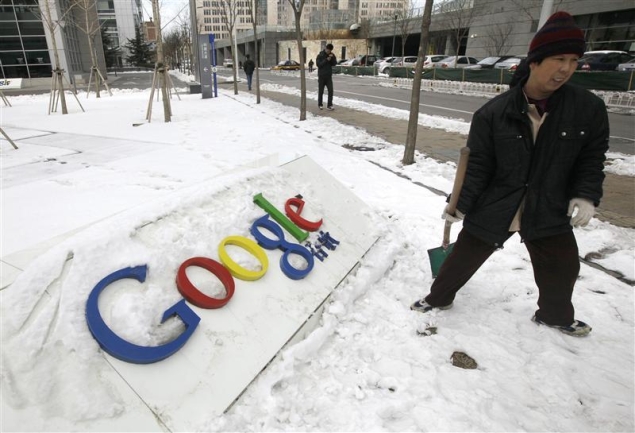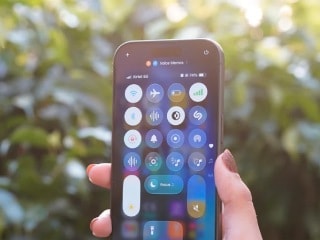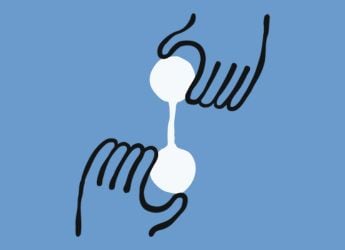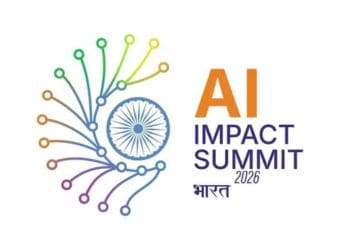- Home
- Mobiles
- Mobiles News
- Google Oracle litigation over Java use in Android restarts in appeals court
Google-Oracle litigation over Java use in Android restarts in appeals court

The issue, under review by the U.S. Court of Appeals for the Federal Circuit in Washington, is being closely watched by software developers in Silicon Valley.
Google's Android operating system is the world's best-selling smartphone platform. The Java programming language was created by Sun Microsystems, which Oracle acquired in 2010. Oracle sued Google later that year, claiming that Google had improperly incorporated parts of Java into Android.
Oracle President and Chief Financial Officer Safra Catz, who took the stand during trial last year, appeared in court on Wednesday to hear the appellate arguments. She declined to comment outside the courtroom. Google attorney Robert Van Nest also declined to comment.
The case examined whether computer language that connects programs - known as application programming interfaces, or APIs - can be copyrighted.
At trial in San Francisco last year, Oracle claimed Google's Android tramples on its rights to the structure of 37 Java APIs. Oracle sought roughly $1 billion on its copyright claims.
(Also see: Oracle suffers major setback in Google case)
Google argued that Oracle cannot copyright the structure of Java, an open-source or publicly available software language. U.S. District Judge William Alsup ruled that the Java APIs replicated by Google were not subject to copyright protection and free for all to use.
Oracle appealed. At the hearing on Wednesday, Federal Circuit Judge Kathleen O'Malley questioned whether Alsup's ruling meant Google could similarly use APIs from companies like Apple or Microsoft.
"This would apply to every possible computer program out there," O'Malley said.
Google attorney Robert Van Nest said that was true, but that Google still cannot copy actual source code from competitors. Google spent over two years and millions of dollars writing source code for Android, Van Nest said.
"Fifteen million lines of Android source code were original," Van Nest said.
The trial in San Francisco attracted widespread attention, as Oracle CEO Larry Ellison and Google CEO Larry Page both testified. Alsup deferred his legal ruling about the copyrightability of Java APIs until after a jury had heard evidence on other issues in dispute.
(Also see: Google CEO Page gets grilled in Oracle trial)
The jury deadlocked on whether Google had fairly used the Java APIs, which Alsup then decided weren't subject to copyright anyway.
At the appeals court argument on Wednesday, O'Malley and Judge Richard Taranto said two of the main legal precedents cited by Google were not relevant to the issue of whether Java APIs could be copyrighted.
Oracle attorney Joshua Rosenkranz asked the appeals court to rule that Java APIs were subject to copyright, and that Google was not entitled to a fair use defense.
However, Van Nest said if the Federal Circuit decides that copyright applies to the APIs, a second jury should consider fair use.
The three judge Federal Circuit panel did not say when it would issue a ruling.
The case in the U.S. Court of Appeals for the Federal Circuit is Oracle America Inc vs. Google Inc, 13-1021.
© Thomson Reuters 2013
Get your daily dose of tech news, reviews, and insights, in under 80 characters on Gadgets 360 Turbo. Connect with fellow tech lovers on our Forum. Follow us on X, Facebook, WhatsApp, Threads and Google News for instant updates. Catch all the action on our YouTube channel.
Related Stories
- Samsung Galaxy Unpacked 2026
- iPhone 17 Pro Max
- ChatGPT
- iOS 26
- Laptop Under 50000
- Smartwatch Under 10000
- Apple Vision Pro
- Oneplus 12
- OnePlus Nord CE 3 Lite 5G
- iPhone 13
- Xiaomi 14 Pro
- Oppo Find N3
- Tecno Spark Go (2023)
- Realme V30
- Best Phones Under 25000
- Samsung Galaxy S24 Series
- Cryptocurrency
- iQoo 12
- Samsung Galaxy S24 Ultra
- Giottus
- Samsung Galaxy Z Flip 5
- Apple 'Scary Fast'
- Housefull 5
- GoPro Hero 12 Black Review
- Invincible Season 2
- JioGlass
- HD Ready TV
- Latest Mobile Phones
- Compare Phones
- Lava Bold N2
- Vivo V60 Lite 4G
- Tecno Pova Curve 2 5G
- Lava Yuva Star 3
- Honor X6d
- OPPO K14x 5G
- Samsung Galaxy F70e 5G
- iQOO 15 Ultra
- Asus Vivobook 16 (M1605NAQ)
- Asus Vivobook 15 (2026)
- Brave Ark 2-in-1
- Black Shark Gaming Tablet
- boAt Chrome Iris
- HMD Watch P1
- Haier H5E Series
- Acerpure Nitro Z Series 100-inch QLED TV
- Asus ROG Ally
- Nintendo Switch Lite
- Haier 1.6 Ton 5 Star Inverter Split AC (HSU19G-MZAID5BN-INV)
- Haier 1.6 Ton 5 Star Inverter Split AC (HSU19G-MZAIM5BN-INV)







![[Partner Content] OPPO Reno15 Series: AI Portrait Camera, Popout and First Compact Reno](https://www.gadgets360.com/static/mobile/images/spacer.png)









